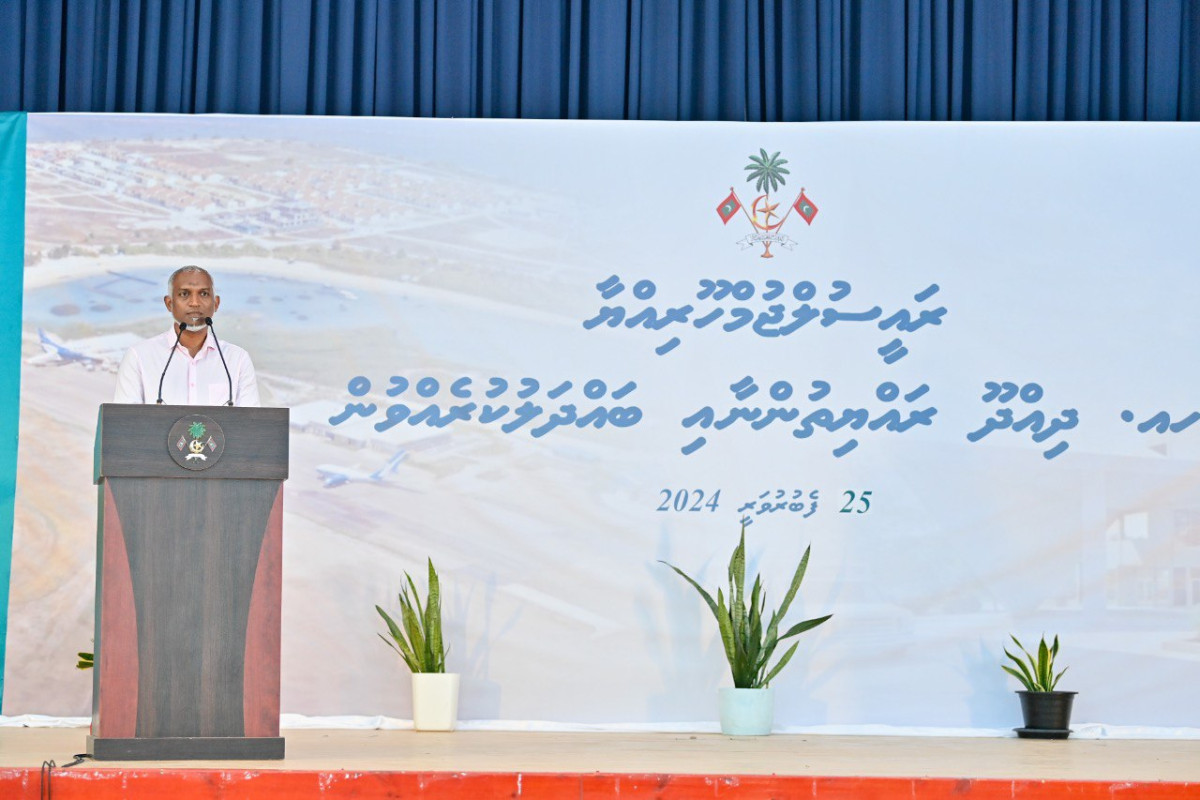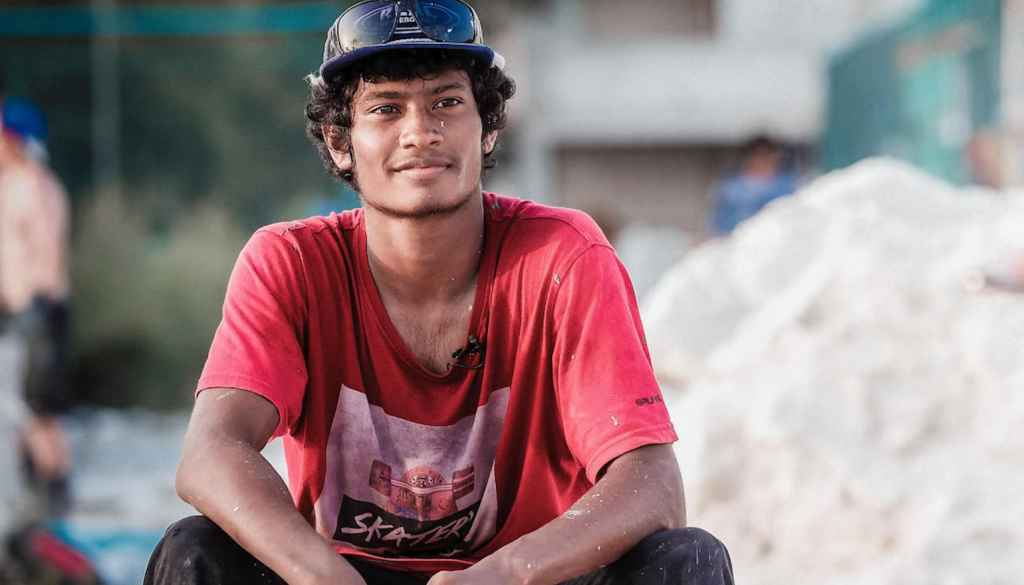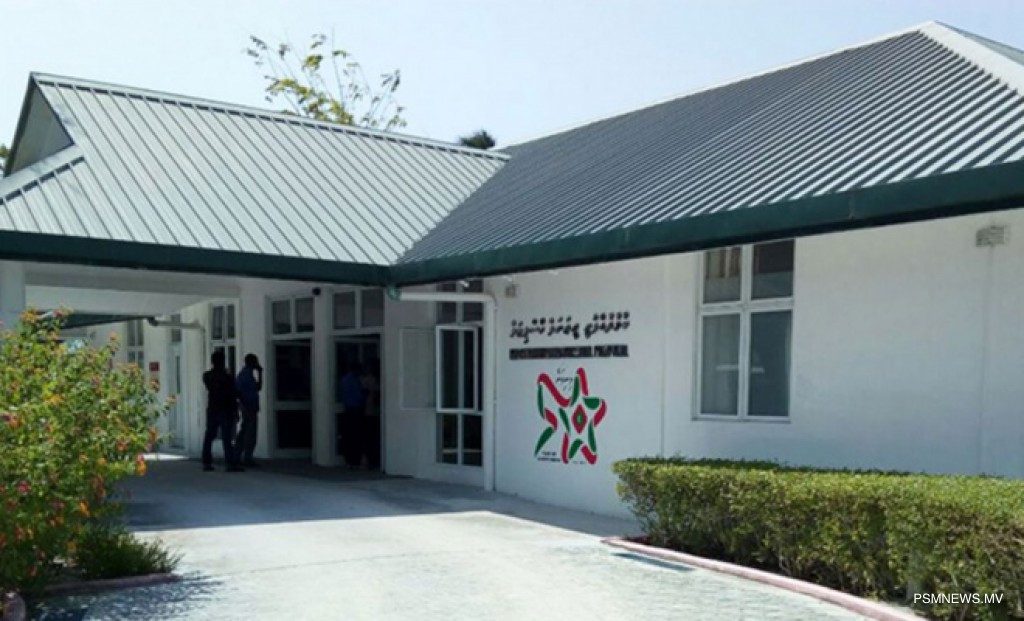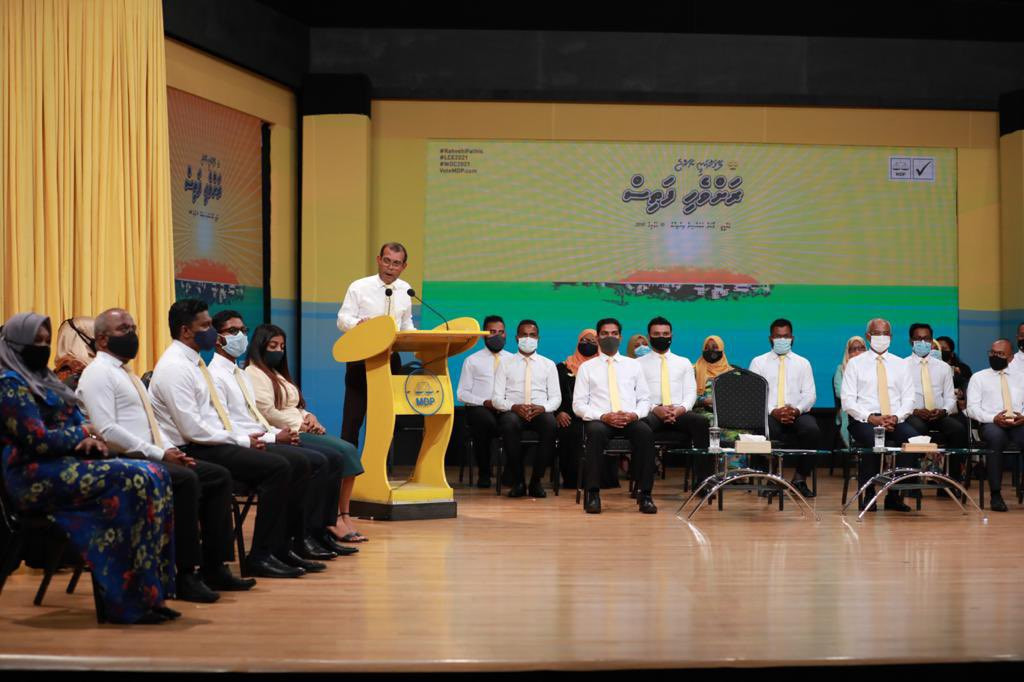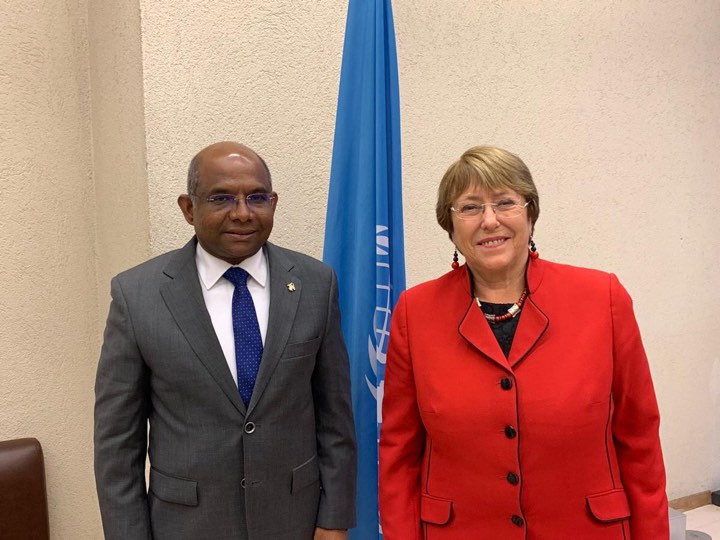RTV reports death threats over Faafu Atoll reportage
Raajje TV's COO Hussein Fiyaz said that the station has been getting death threats since 10:30 am
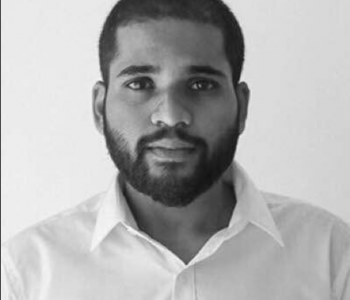

COO Hussein Fiyaz speaking to RTV after a court hearing against him
Raajje Television has reported the death threats against its staff to the Maldives Police Service (MPS).
Chief Operating Officer Hussein Fiyaz said the station has been receiving threatening phone calls since about 10:30 on Thursday morning, and added that the calls came in shortly after it had dispatched a crew to Faafu atoll.
The government has announced a controversial USD 10 billion project for Faafu Atoll, which was requires the region to be sold off to Saudi Arabia.
The heavily derogatory threats warned the station to keep its crew off the island, threatening to ‘kill’ them as soon as they step on.
Two journalists already in Faafu atoll were given protective custody over death threats against them. Maldives Independent, their employer, released a statement expressing dissapointment over police conduct - officers had refused to allow the journalists to contact their office or family.
“Threats are nothing new to us” Fiyaz said “We report them to the police all the time, what is left for me to hope is that they regard it with the utmost seriousness”.
Fiyaz was arrested in November 2015, along with a journalist and cameraman, while covering police activity during a bomb-scare in Malé City.
In response to this, the Committee to Protect Journalists, an American non-profit, called on the state to cease the charges, claiming it was a politicized attempt to penalize journalists who were covering a matter of significant public interest.
Further, the station’s main studio was also broken into by masked men, doused in petrol, and set it ablaze in October 2013, in what is described as the most severe attack on the press that the country has seen thus far.

